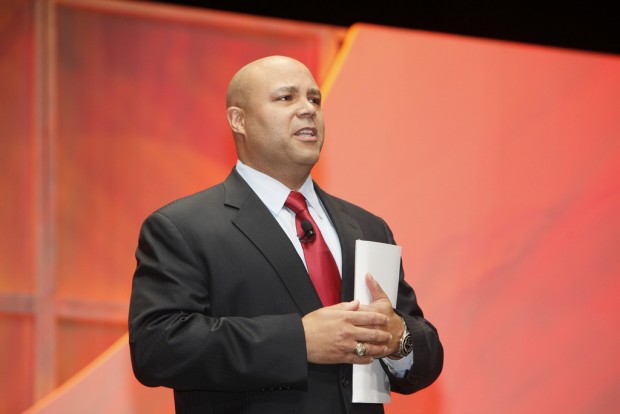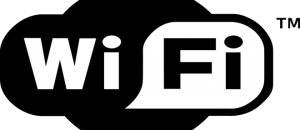If you didn’t need any more reasons to dislike internet service providers for charging too much for their services, this isn’t going to help very much. Michael Powell, who is the former chairman of the FCC but now president of the National Cable and Telecommunications Association, told an audience the cold hard truth about data caps. “Our principal purpose is how to fairly monetize a high fixed cost,” he said.
Last month, a report from the Open Technology Institute accused ISPs of doing just this — saying that data caps were to prevent congestion, when they were looking for more profit. After these comments made by Powell at the Minority Media and Telecom Council’s Broadband and Social Justice Summit, it looks like the report was right all along. According to Powell, data congestion was not a factor at all, and that it was really due to the “enormously high” costs of installing the wiring in the streets, as well as the operational expenses.
He goes on to compare the situation with a hot tub, and that users are actually used to this concept. “If you buy a hot tub and string it up with a whole bunch of inefficient lighting and run it all night long,” he said, “you are going to pay more than your neighbor who puts his thermostat at 68 percent and tries to conserve energy. It’s only right.”
While his analogy makes sense, this is the internet we’re talking about, not a hot tub. If using more data doesn’t actually drive up their operational expenses, then how does it justify them charging more through data caps?
What do you think of all this? Let us know in the comments!
[via The Verge, image via The Cable Show]

 Email article
Email article




